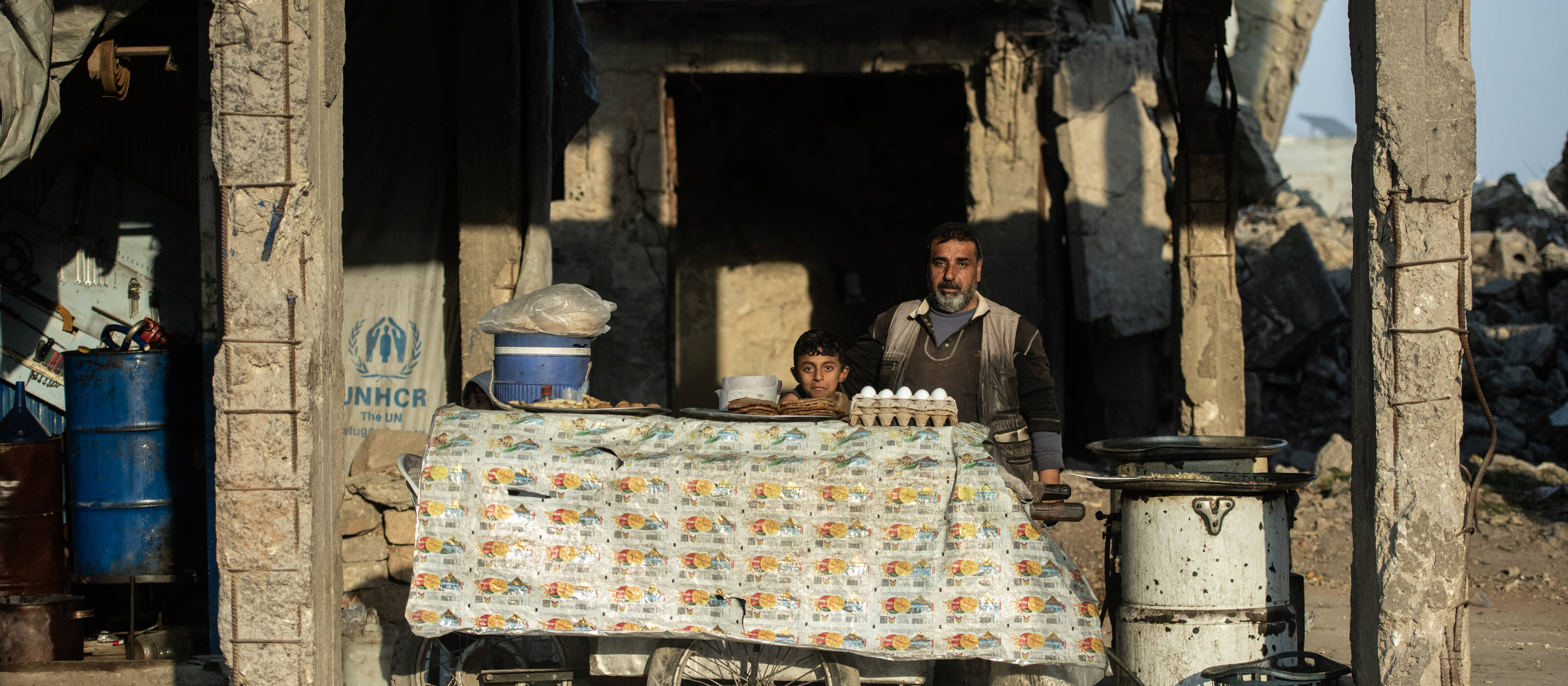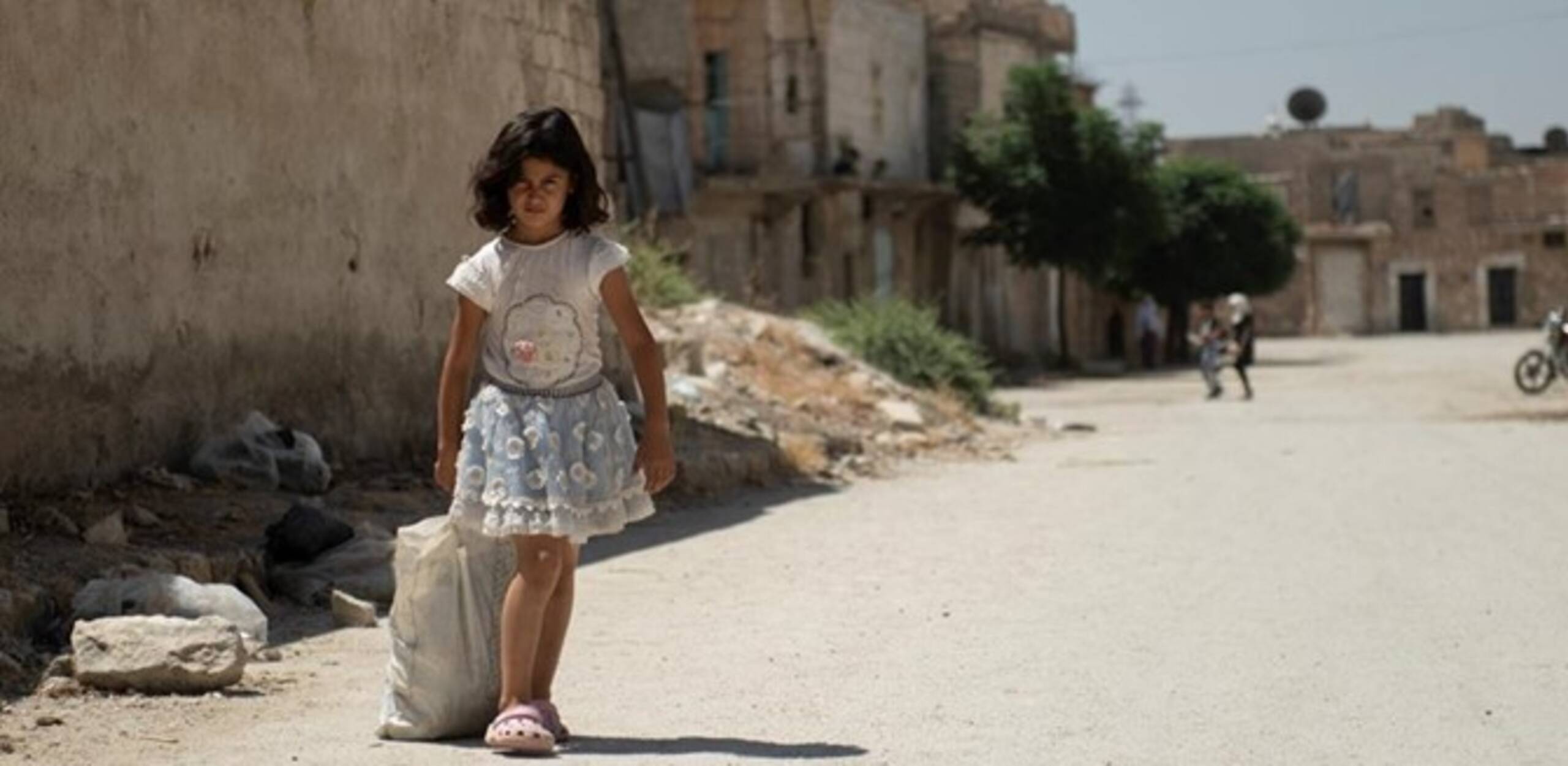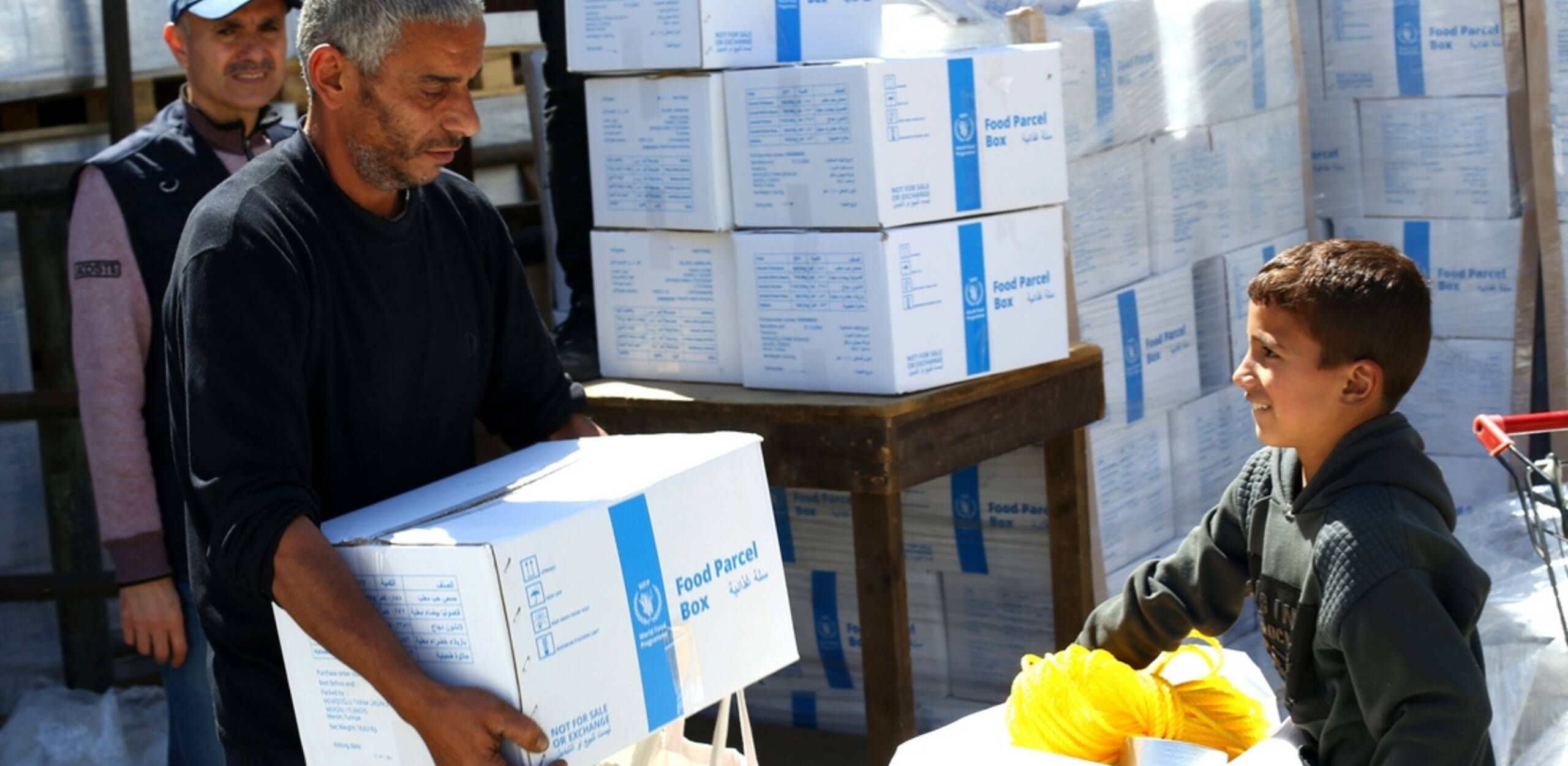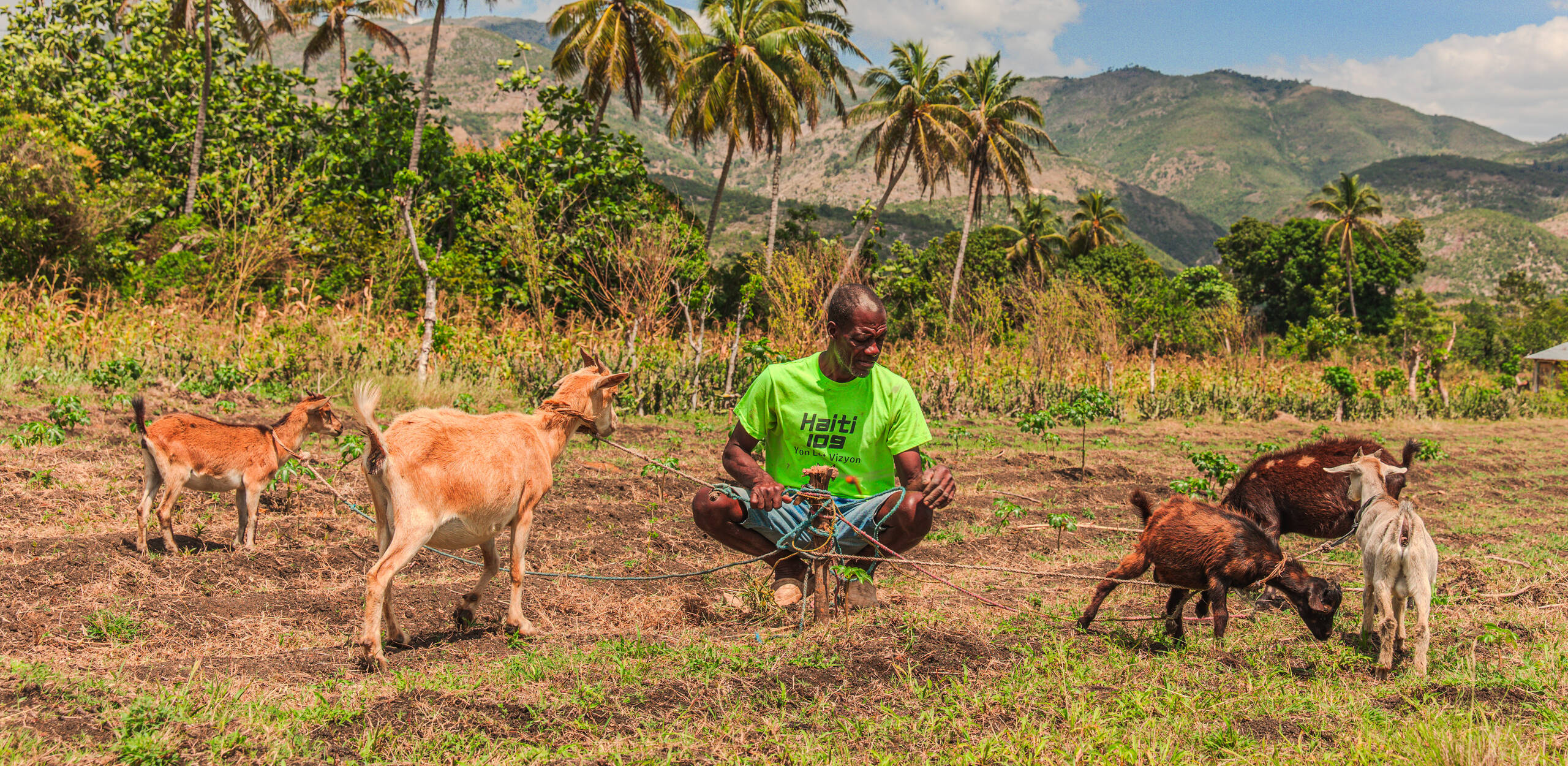

The humanitarian crisis as a wildfire
The humanitarian situation worsened in 2024

Humanitarian aid
Situation worsened
In 2024, the humanitarian situation in the Middle East steadily worsened. Neither the ceasefire in Lebanon nor the fall of the Syrian ruler could stop it. It was a highly complex year.
© Hasan Belal

Caritas Switzerland in Lebanon
Life between war and ceasefire
Dina Hajjar (38), Caritas Switzerland’s programme manager for Lebanon, reports from Beirut on the impact on work and family life.
© Mohammad Al Hout for CRS

Humanitarian aid
Further projects 2024
Caritas Switzerland prevents, alleviates and fights poverty in Switzerland and in around 20 countries worldwide.
